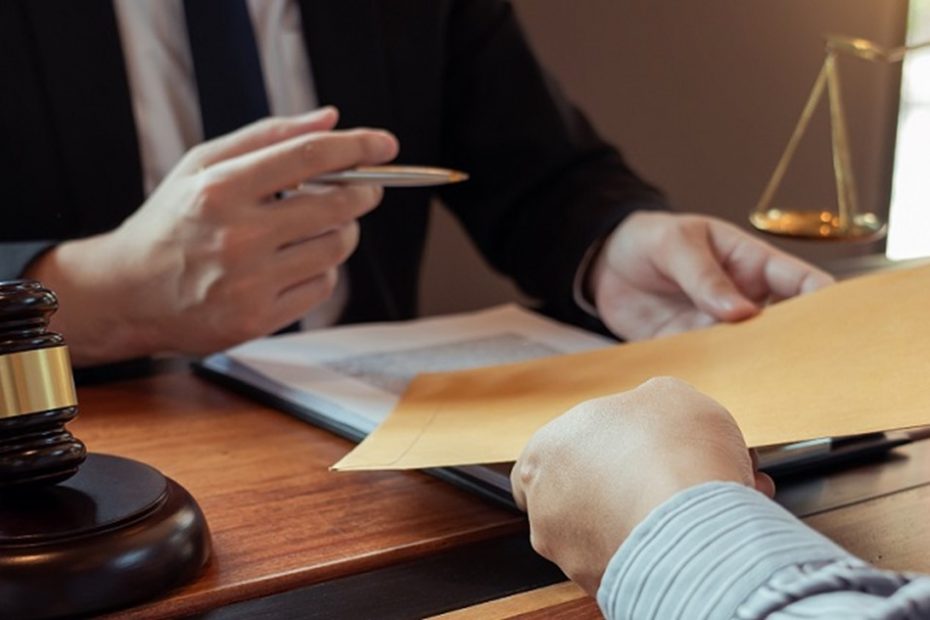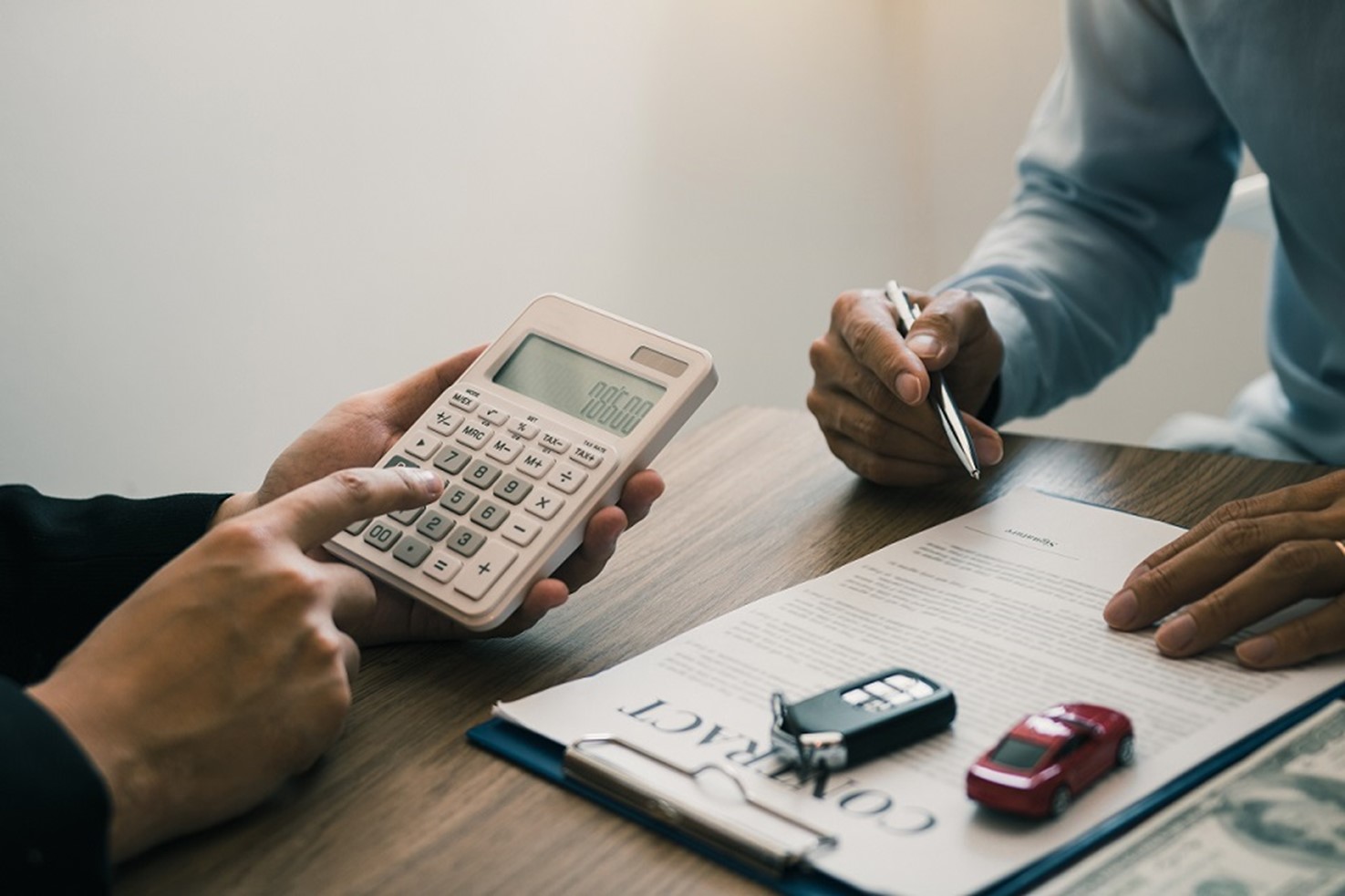When you are faced with a difficult legal situation, you need to trust your lawyer for sound legal advice.
Duty of confidentiality and solicitor-client privilege are essential elements of the lawyer-client relationship. All exchanges between a lawyer and their client are protected by these principles, with the goal of ensuring the best possible defense and keeping confidential information safe.
Our Montreal victim lawyers share everything you need to know about confidentiality when you hire a lawyer in Quebec.
Defining duty of confidentiality and solicitor-client privilege
Although the terms “confidentiality” and “privilege” are often used interchangeably, they do not mean the same thing. Duty of confidentiality is a legal obligation that applies to all parties in a professional relationship, while solicitor-client privilege is an ethical obligation specific to the legal profession.
Let’s take a closer look at these two terms!
Duty of confidentiality for lawyers
Lawyers are bound to respect the duty of confidentiality. In broad terms, this means that a lawyer cannot disclose any personal information provided by a client out of a duty to protect the client’s interests. Keeping certain information private is necessary to maintaining client trust.
Confidentiality allows lawyers to have access to all relevant documents and information, helping them defend their clients to the best of their ability.
Confidential information can include in-person conversations, letters, emails or video calls. Protecting this information ensures that a client can provide their lawyer with all necessary information for winning a case.
Solicitor-client privilege
Solicitor-client privilege is an ethical rule that requires lawyers to protect the confidentiality of client information. Lawyers are required to respect this obligation of professional secrecy under penalty of disciplinary and criminal sanctions.
According to the Quebec Code of Professional Conduct for Lawyers, solicitor-client privilege protects the interest of the client.
Privilege has no time limit. Your lawyer is bound by privilege even after services have been rendered. Clients should remember this and be confident of professional secrecy when sharing information with their lawyer.
Duty of confidentiality obligations and exceptions
A lawyer must understand the boundaries of their duty of confidentiality in order to comply with the law and meet the standards of professional conduct. Let’s look at what this means in more detail.
Obligations
Lawyers have an obligation to protect clients’ confidential information and to ensure that third parties never gain unauthorized access. Duty of confidentiality applies to all client information, regardless of whether it is relevant to the current legal situation.
A lawyer must also ensure that other members of their firm and any third parties involved in the case also respect legal confidentiality.
Consequences of breaching confidentiality
Violation of the duty of confidentiality can have serious consequences for a lawyer. In addition to disciplinary and criminal sanctions, they may also be subject to civil liability for damages suffered by the client as a result of the breach.
This can include financial loss, emotional harm, invasion of privacy, etc.
How does a lawyer ensure client confidentiality?
There are several ways a lawyer can protect confidential client information. Let’s take a look at a few of the most common.
Organizational measures for data protection
Lawyers can protect the confidentiality of their clients’ information at the organizational level by establishing strict confidentiality policies and specific procedures for managing legal files.
Administrative Law firms must also educate their teams about the importance of confidentiality and ensure that all staff comply.
Technical measures
Law firms can also rely on technical measures to protect client confidentiality, such as using encryption software to protect data on firm computers and servers, creating strong passwords, and limiting access to confidential information to authorized individuals.
Physical measures
Physical measures may also be recommended: installing locks and surveillance systems on firm premises, safely destroying documents containing confidential information, and allowing only authorized persons access to firm premises.
Limits of solicitor-client privilege
A lawyer’s professional secrecy is not absolute. In certain situations, exceptions to solicitor-client privilege will allow a lawyer to divulge sensitive information.
Legal exceptions
Lawyers are obliged to maintain professional secrecy unless the law provides an exception. For example, if a lawyer learns of a crime or misdemeanor that could cause serious harm to others, they are obliged to report this information to appropriate authorities.
Ethical exceptions
Lawyers are also subject to ethical rules limiting their duty of confidentiality. For example, a lawyer may be permitted to disclose confidential information to protect the lawyer’s or client’s interests.
Exceptions related to client consent
Attorney-client privilege may also be waived if a client expressly consents to it, allowing a lawyer to communicate confidential information to one or more third parties.
Bégin Avocat: the Quebec law firm you can trust
Trust is an incredibly important factor when choosing the right lawyer. Mr. Bégin and his team have helped hundreds of victims seek justice in Quebec since 1992. In our firm, we maintain the highest standards of confidentiality in order to best serve the interests of our clients.
Are you the victim of an unfavourable ruling by IVAC, CNESST, SAAQ or Retraite Québec? Contact us today. With years of experience and expertise we have learned that there is a solution to every problem.
Contact Bégin Avocat by phone at (514) 509-7852 or fill out a contact form.



